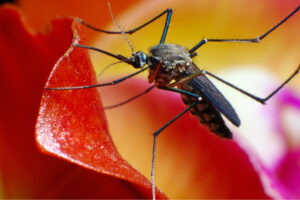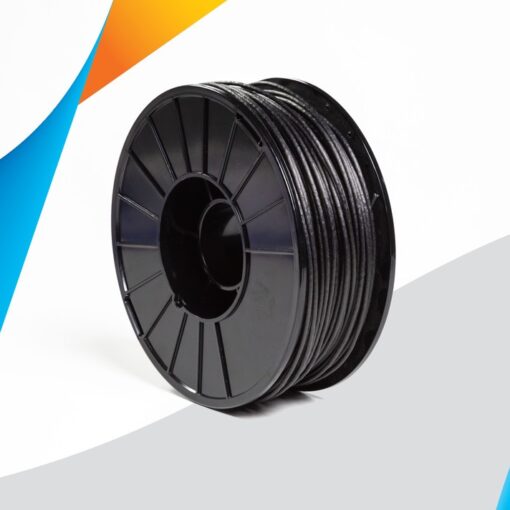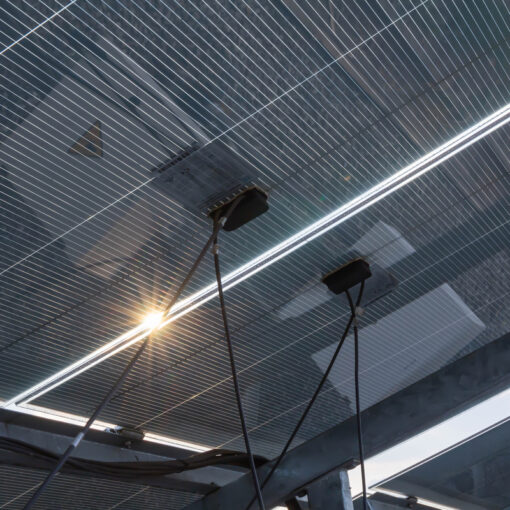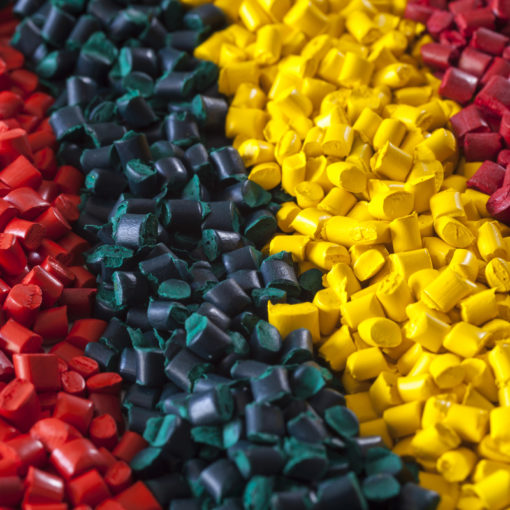 Global Research & Discovery Group Sciences, LLC, a private research and development organization announced in a press release that it received notice of issuance (US 10,966,424) from the U.S. Patent and Trademark Office (USPTO) for 3FDB (“DEET Booster”). The Functional Fragrance Formulation (3F) technology increases the effectiveness of current mosquito repellants through a fragrant compound derived from botanical oils, according to the release.
Global Research & Discovery Group Sciences, LLC, a private research and development organization announced in a press release that it received notice of issuance (US 10,966,424) from the U.S. Patent and Trademark Office (USPTO) for 3FDB (“DEET Booster”). The Functional Fragrance Formulation (3F) technology increases the effectiveness of current mosquito repellants through a fragrant compound derived from botanical oils, according to the release.
3FDB is an efficacy booster for existing mosquito repellants such as DEET, Picaridin, and IR3535, among others. The booster incapacitates two of the three receptors that mosquitos use to find sources of nutrition, in this case, that source is humans.
“While existing mosquito repellants target only the gustatory receptors in insects, 3FDB uses a multiple receptor approach by targeting ionotropic, gustatory, and olfactory receptors in insects to provide a synergistic action to repel insects as well as inhibit the ability of insects to detect and seek prey,” said Daryl Thompson, Director of Scientific Initiatives, and founder of GRDG Sciences, LLC.
According to the release, one important application of the DEET booster is that it may help save lives. According to the National Institutes of Health, mosquitos are responsible for more than a million deaths each year because they can host a variety of diseases including malaria, dengue, West Nile yellow fever, Zika, chikungunya, and lymphatic filariasis.
GRDG Sciences Chief Scientific Advisor Dr. Roscoe M. Moore, Jr., United States Assistant Surgeon General (Retired) and former Epidemic Intelligence Service (EIS) Officer at U.S. Centers for Disease Control and Prevention said, “This patent could pave the way for increased protection from mosquito-borne diseases around the world.”
The desire to save lives was the impetus that led GRDG Sciences to seek a solution to this global health problem. The Florida team found it right in their own back yard.
An Answer in the Orchids
GRDG Sciences found its solution to minimizing mosquito bites in orchids — especially the elusive and legendary Ghost Orchid — found only in the wild in Cuba and the Florida Everglades.
“We looked at over 300 rare orchids from around the world — from Borneo to the Congo to South and Central America — as well as our own Florida Everglades,” said Thompson. “We observed that while the mosquitos were plentiful in those environments, none of the males were ever attracted to or pollinating the orchids. The orchids were basically invisible to the mosquitos.”
The team theorized that the orchids were producing a chemical that inhibited the mosquitos’ ability to find them. Through testing and research, the team identified the chemical compounds then worked backwards to find a way to isolate and reproduce them.
“3FDB works differently from traditional insect repellents. It’s effective even at very low concentrations due to its multi-aspect receptor inhibition,” said Thompson.
How the DEET Booster Works
Mosquitos have a trio of receptors — ionotropic, gustatory, and olfactory — that detect the chemicals and carbon dioxide humans expel through perspiration and respiration. Existing mosquito repellents focus mainly on the gustatory receptor, which diminishes the mosquito’s ability to detect humans, but still leaves the other two receptors — ionotropic and olfactory — active.
3FDB, using the replicated chemical compounds found in the Ghost Orchid, focuses on the other two receptors, and provides extra protection for the third. The booster, blocks the insect’s ability to detect humans, essentially making humans invisible to the mosquito, according to the press release.
Long-Term Applications
The team partnered with Chemia Corporation to use the chemical compounds of the orchid as the base for its intentionally light and pleasant scent.
“This collaboration has proven the power of research and fragrance is a new frontier in innovative technology,” said Thomas A. Meyer, Vice President, Innovation and Sustainability, Chemia Corporation in the release.
3FDB can be included in a variety of applications, such as sprays, lotions, laundry detergents, shampoos, soaps, fabric softeners, dryer sheets, misters, ventilation systems, and air fresheners.



